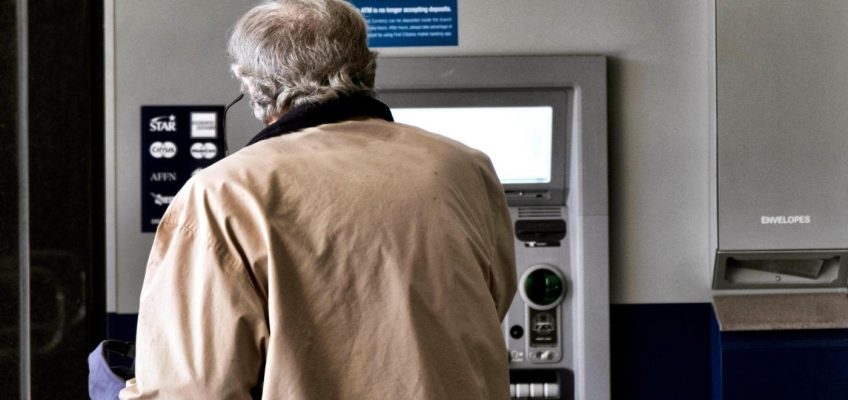By KEN SWEET, AP Business Writer
NEW YORK (AP) — In the nearly six months since the Trump administration has had control of the Consumer Financial Protection Bureau, the bureau’s leadership has focused almost exclusively on rolling back any punishments, fines and penalties made against companies during the Biden administration.
In some cases, companies that were supposed to refund their customers or pay a penalty for unfair or deceptive practices are no longer bound to make their customers whole. Other companies facing charges of fraud of deceptive practices saw their lawsuits dropped in the early days of the Trump administration.
Here are some of the Trump administration’s rollbacks:
Navy Federal Credit Union
The CFPB accused Navy Federal Credit Union, the nation’s largest credit union, of having unfair and deceptive overdraft fee practices. NFCU settled with the bureau and agreed to refund its members $80 million in overdraft fees. However, when the new administration took over, NFCU asked to have the order dismissed, which the CFPB agreed to do without giving a reason. Navy Federal has not said whether it would refund their members, which are mostly service men and women, families and veterans.
Reduced overdraft fees
The CFPB proposed new regulations that would have reduced overdraft fees to $5 from their industry average of $27. The regulations focused on a bureau analysis on what it actually cost banks to make short-term loans to customers to cover those purchases when a customer’s account went negative. The banking industry stood to lose billions of dollars in overdraft revenue, although banks have been weening themselves off overdraft fee revenue for years. The regulations were overturned by the Republican-controlled Congress in April.
Capital One
In the last days of the Biden administration, the CFPB sued banking giant Capital One for allegedly cheating its customers out of $2 billion in interest payments on their savings accounts. The case involved a product that Capital One sold known as 360 Savings, which the bank advertised as having the best savings rate in the country. Capital One failed to tell some customers that it had another product with a higher savings rate. The case was dropped within days of the Trump administration taking over the bureau.
Related Articles
Most US stocks fall, but Nvidia keeps Wall Street near records
JPMorgan posts strong second quarter numbers, though Dimon warns of tariff, geopolitical risk
When do ‘big, beautiful’ megabill changes go into effect?
The tariff-driven inflation that economists feared begins to emerge
Employees at the nation’s consumer financial watchdog say it’s become toothless under Trump
Walmart
The CFPB filed a lawsuit in December against Walmart and workforce company Branch Messenger, accusing the companies of deceptively steering delivery drivers to open accounts with Branch, in order for those employees to get instant access to their wages. However, the CFPB said these Branch accounts came with high fees and deceptive marketing, and said Walmart and Branch should return $10 million to harmed drivers. Both Walmart and Branch denied the accusations. The lawsuit was dropped by the CFPB in the first weeks of the Trump administration.
Zelle
The parent company of Zelle, the peer-to-peer payment system, as well as some of the nation’s largest banks, were sued by the CFPB late last year over accusations they failed to protect hundreds of thousands of consumers from rampant fraud on Zelle, in violation of consumer financial laws. The CFPB’s lawsuit claimed hundreds of thousands of customers lost approximately $870 million in funds to fraud over the seven years that Zelle had been in existence. That lawsuit was dropped by the CFPB in March.


Leave a Reply